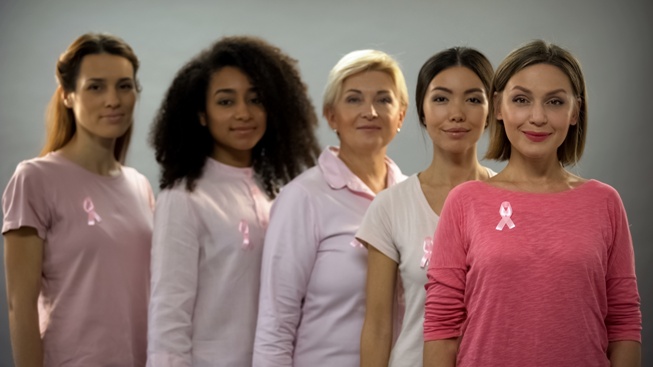Recent studies show that mindfulness-based therapies as part of cancer care may improve stress levels, coping skills and quality of life.
What is Mindfulness?
Jon Kabat-Zinn[1] defines mindfulness as… “awareness that arises through paying attention, on purpose, in the present moment, non-judgmentally.” He sometimes adds, “in the service of self-understanding and wisdom.” I would add that mindfulness is also a separate faculty of consciousness, which is also a clinical, therapeutic tool. This separate faculty is NOT cognitive (thinking), emotional, sensory (5 senses) or behavioral, all of which are faculties that are governed by various brain regions that drives the biological imperative of all life, survival.
Mindfulness thus “transcends,” suspends or “lets go” of the stressful need to survive, and thus lowers sympathetic, fight/flight stress. Paradoxically when we suspend our stressful need to survive, wellness and health improves, and our chances of survival are improved as well. Recent neuroimagery, cognitive science and neurophysiological studies suggest that approximately 1/6th of our brain, our most highly evolved part, the prefrontal cortex, is the critical region of our brain that confers this separate faculty of mindfulness.[2]
Mindfulness and Cancer Patients
Read More
.png?width=305&height=132&name=NIHAlogoBLUE_3_transparent%20(2).png)










